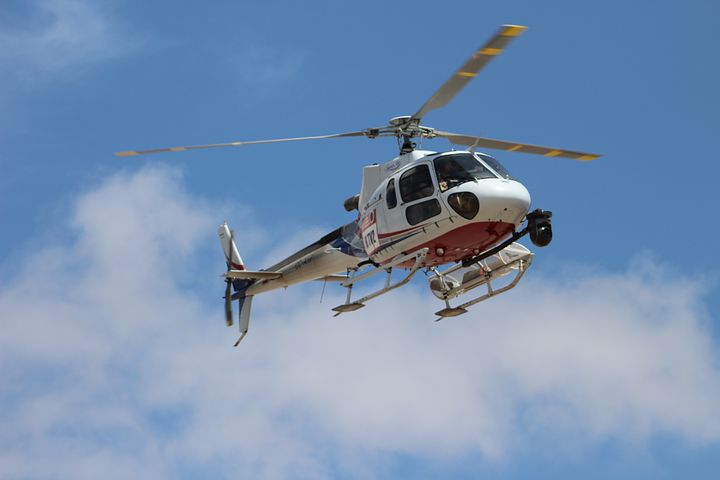
Helicopter pilot training is an adventure that requires dedication, precision, and a passion for the skies. Throughout this journey, you’ll acquire a set of skills that are crucial for manoeuvring these complex machines. Here, we delve into eight essential abilities you will develop, ensuring you’re ready to take to the skies with confidence.
1. Understanding Aerodynamics
The foundation of helicopter flying lies in understanding aerodynamics. This knowledge is not just theoretical; it’s applied every time you take off, fly, and land. You’ll learn how rotor blades generate lift, the effects of wind and weather on flight, and how to use this understanding to your advantage in various flying conditions.
2. Mastering Flight Controls
Helicopter controls are unique and mastering them is a skill in itself. You’ll become adept at using the cyclic to control direction, the collective to manage altitude, and the pedals to handle yaw. This coordination is crucial for smooth operations and is something that becomes second nature with practice.
3. Navigational Proficiency
Navigating a helicopter requires a blend of traditional piloting skills and modern technology. You’ll learn to read maps, understand air traffic control communications, and use navigational instruments. This proficiency ensures you can find your way, even in challenging conditions.
4. Emergency Procedures
Knowing how to respond in emergencies is critical. You’ll be trained in engine failures, autorotations, and other emergency procedures. This training prepares you to act calmly and decisively, ensuring the safety of yourself and others.
5. Communication Skills
Effective communication is paramount in aviation. You’ll master the art of clear, concise communication with air traffic control, other pilots, and your crew. This skill ensures smooth operations and enhances safety in all phases of flight.
6. Meteorological Understanding
Weather can change rapidly, and understanding meteorology is a key skill for any pilot. You’ll learn to interpret weather reports, understand the implications of different weather phenomena, and make informed decisions about flight operations based on weather conditions.
7. Flight Planning and Management
Planning a flight involves more than just plotting a course. You’ll learn about fuel management, weight and balance calculations, and scheduling. These skills ensure your flights are safe, efficient, and in compliance with regulations.
8. Precision and Control
Finally, you’ll hone your ability to control the helicopter with precision. Whether it’s navigating through tight spaces, landing in challenging conditions, or performing complex manoeuvres, precision flying is what sets skilled pilots apart.
Taking Your Skills to New Heights
Completing proper helicopter pilot training courses equips you with more than just the technical skills to fly; it instils a sense of responsibility, sharpens your decision-making abilities, and fosters a deep respect for aviation safety standards. As you progress, each flight becomes an opportunity to refine your skills, making you not just a pilot, but a master of the skies.
The journey is rigorous but rewarding, opening doors to careers in tourism, rescue operations, law enforcement, and beyond. Embrace the challenge, and you’ll find that becoming a helicopter pilot is an unparalleled adventure, with the sky as your limitless frontier.
For those intrigued by the broader context of aviation safety and its importance in pilot training, understanding the importance of aviation safety provides valuable insights into the rigorous standards and practices that keep our skies secure. This knowledge not only complements your training but also deepens your appreciation for the field of aviation as a whole.